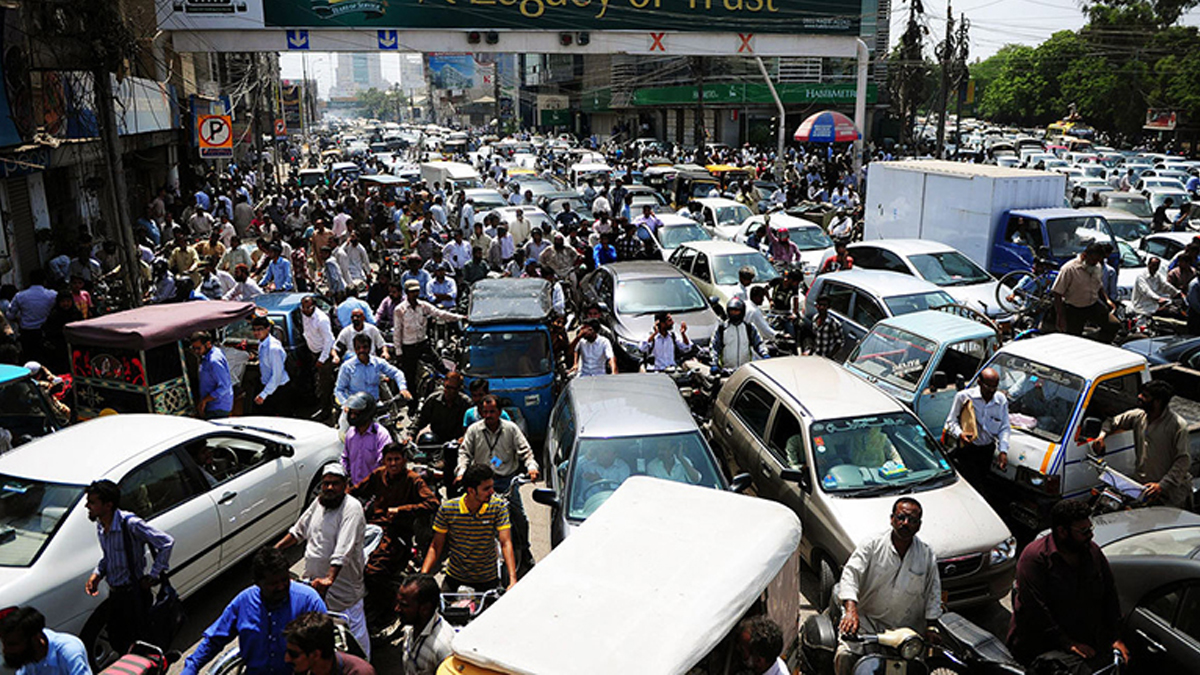
UN’s Report About Pakistan
According to the United Nations Population Fund (UNFPA), Pakistan’s population is rising at an average yearly rate of 1.9% as the world’s population approaches eight billion people, and on average, 3.6 children are born to every woman there.
Pakistan is one of the eight nations where more than half of the rise in world population between now and 2050 would be concentrated, according to a news statement from UNFPA that was issued here on Monday. The other nations are Tanzania, the Philippines, the DR Congo, Egypt, Ethiopia, India, and Nigeria.
Asia Accounts Half of World’s Population
UNFPA estimates that Asia accounts for half of the population growth from seven billion in 2011 to eight billion today.
The eight billion population mark is described as a turning point for humanity and a time for introspection. It is time for Pakistan to assess the situation and take appropriate action.
According to the UN organisation, looking only at the figures may not give the whole picture. It is time to go beyond the figures and continue to base judgments on the available data. The issue isn’t how many people there are; it’s how many people have equal access to opportunity.
Nudge Development and Demographic Indicators
“The freedom to choose can naturally nudge development and demographic indicators in the right direction. According to Dr. Luay Shabaneh, the UNFPA Representative in Pakistan, a rights-based family planning campaign that includes service, advocacy, and social norm components can alter the scene to show economic development in terms of welfare levels and ensure that gifted natural resources can be sustained for a longer period of time.
Read More | Pakistan Out of ‘High-Risk Countries’ List of UK
Read More | Pakistan to Get Climate Disaster Funding
The direction best suited for the nation has been established by Pakistan’s national population narrative, which is built on three interconnected concepts of rights, responsibilities, and balance.
UNFPA About Family Planning
According to the UNFPA, family planning should be based on informed decision-making, and it emphasises that it is the state’s duty to uphold every citizen’s right to the information and services they require in order to do so.
Few nations, including Pakistan, have comprehensive population policies and programme roadmaps at the federal and provincial levels.
The UNFPA claims that it is now time to put these plans into action and that all parties involved must work together to hasten the implementation of these policies and programmes.
Stronger Health Systems
Even while the eight billion-strong human family has made significant progress in terms of welfare and development thanks to stronger health systems, the gains have not been shared fairly.
There are significant socio-economic disparities between provinces and regions. The level of rights, access to healthcare, and quality of life varies among different population groups.
The overarching lesson is that societies that support their citizens’ rights and freedoms are more likely to achieve the wealth and peace that everyone desires and is entitled to.



